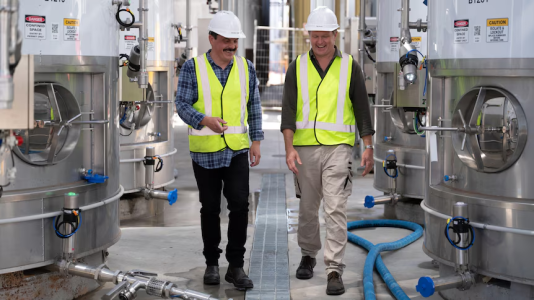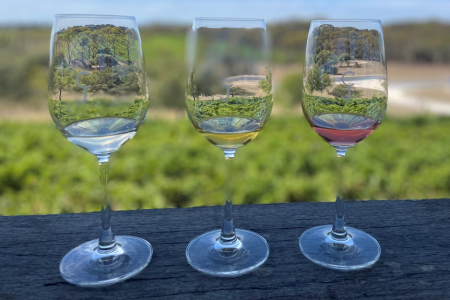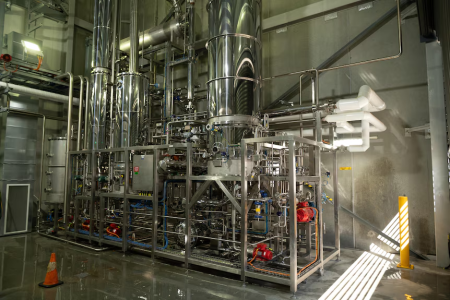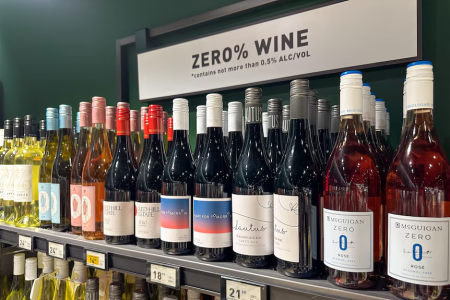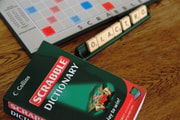No and low-alcohol wine taste breakthrough claimed as Barossa Valley facility launches
By
ABC News
- Replies 0
One of the world's largest wine producers believes it has cracked the code in removing alcohol from its wines without affecting the taste.
No and low-alcohol (NOLO) wine is one of the fastest-growing categories in the market as drinking habits change globally, but flavour has been a major challenge for winemakers.
Treasury Wine Estates (TWE) says it has developed an industry-first process to create a no-alcohol wine without compromising its taste, this week unveiling a $15 million state-of-the-art facility in South Australia's Barossa Valley.
TWE chief supply and sustainability officer Kerrin Petty said the challenge was to capture the wine's aroma, a key to flavour.
"The first thing to leave a wine when you take it through the process is the aroma," Mr Petty said.
"How you then capture that and put it back into the wine — so that when the consumer tastes the wine, the first thing they do is smell it — starts to give you that perception of quality before they put it in their mouth."
Technology improving NOLO wine
TWE introduced its first low-alcohol wine in 1993, but the new facility brings the de-alcoholisation process in-house.
Mr Petty said TWE had a patent pending for its new process and had invested heavily in equipment.
"It captures both the ability to remove alcohol but make incredible wines to capture aroma and the like," he said.
"Making the wine with the best winemakers to make sure the mouthfeel is right, the aroma's right, and visually it's right — those three things together are what we define as a quality wine.
"People have been at this for a while, and the technology is getting better so quickly, so [we're] making sure we bring the consumer along on the journey.
"What we were trying 24 to 36 months ago is vastly different to what we're putting in a bottle now."
Understanding drinking habits
The taste of NOLO wines compared to their alcoholic counterparts is one of the major challenges the industry has been working to overcome.
University of Adelaide researcher Hannah Ford is studying the psychology behind consumer drinking trends and how that could help the struggling wine industry adapt.
Dr Ford said the global shift towards NOLO wines was influenced by "social factors, habits, self-identity, emotional responses and product tangibility".
"Consumers are becoming more sober-curious, and moderation trends are growing. But we really wanted to understand what's driving consumers to try and buy NOLO wines," she said.
"There's a rise in these products, but whether that's aligning with consumer needs we're not sure.
"Taste is key and, coming from the marketing side, we want to understand a bit more around message framing and how that influences consumer acceptance."
Dr Ford highlighted the need for more research across different wine styles, such as sparkling, rosé, white and red, as well as various alcohol strengths.
Many smaller-scale winemakers have been producing NOLO wines, but Dr Ford expected more large winemakers to move into the space as drinking habits shifted.
"We do expect to see a bit of market saturation with the bigger brands," Dr Ford said.
"They have the potential benefit in that they have a loyal following or trust.
"Consumers are perhaps more likely to try a NOLO wine that's associated with a brand they're familiar with."
Written by Cassandra Hough, Elyse Armanini and Selina Green, ABC News.

